Giving Tuesday is vital to aid the vulnerable, alleviate 1000 Women’s burden
Calling on South Africans’ radical generosity in the countdown to Giving Tuesday on the 30 th November 2021 is vital, given the alarming statistics about food insecurity and joblessness in the country, yet the latest information revealed by the World Giving Index and especially the performance by South Africa, give one a sense of encouragement that the donors of this nation can once again pull together and share abundantly.
Giving Tuesday is a global generosity movement unleashing the power of generosity. Giving Tuesday was created in 2012 as a simple idea: a day that encourages people to do good. Since then, it has grown into a year-round global movement that inspires hundreds of millions of people to give, collaborate, and celebrate generosity.
Join the movement and give – each Tuesday and every day – whether it’s some of your time, a donation, or the power of your voice in your local community.
It’s a simple idea: whether it’s making someone smile, helping a neighbor or stranger out, showing up for an issue or people we care about, or giving some of what we have to those who need our help, every act of generosity counts and everyone has something to give.
In South Africa, that spirit of giving is the lifeblood of communities that are bereft of food, resources, and monthly income.
The official unemployment rate of South Africans was 34.4 % in the second quarter of 2021, according to Stats SA. The results of the Quarterly Labour Force Survey for the second quarter of 2021 show that the number of employed persons decreased by 54000 in the second quarter of 2021 to 14.9 million.
According to the Integrated Food Security Phase Classification analysis report , an organization that analyses food security in the Southern African Development Community, from January to March 2021, 11.8 million people in South Africa were classified as being at IPC Phase 3, which means their level of hunger is at crisis level.
An enormous waste of food
A different set of statistics is provided by Dr Jako Volschenk, University of Stellenbosch Business School senior lecturer in strategy and sustainability. He says a staggering 10 million adults and 2.8 million children are experiencing hunger in South Africa in 2021.
That is despite the fact that South Africa wastes 10.3 million tons of food per year.
The National Income Dynamics Study revealed in May 2021 that approximately 2.3 million households reported child hunger, while an Ipsos-study found that more than 40 % of South Africans of all age groups were affected by hunger.
One moment Foundation co-founder and CEO at Lionshare, Ike Cha, told www.iol.co.za in October 2021 that despite the fact that South Africa is one of the more food-secure countries in Africa, the pandemic had torn deeper holes in its socio-economic fabric.
This is in line with the data from Ipsos, with around six out of 10 South Africans saying: The Covid-1i pandemic has a negative impact on the income of my household.
Cha said South Africa’s supply chains are relatively quite robust. The most notable problem is not necessarily the food supply – but rather the inability of many South Africans to afford food. Inflation is also not helping on the affordability front: according to Statistics South Africa, South Africa’s consumer food price inflation was at 5.8 % year-on-year in May 2021,” Cha said.
Cha says the economic disparity and deep poverty already existed in South Africa, but then suddenly, a crisis of black swan proportions hits – the pandemic – and unemployment sky-rockets.
Cha said in South Africa, one individual can be financially responsible for several family members, so if they suffer a job loss, the knock has a ripple effect. It is a ticking time bomb for conflict and social upheaval.
“As business leaders, it is our responsibility to create jobs – but we need the government to create an environment through policies and laws that are conducive for business and job creation. We need to continue to support our communities and engage our resources to systematically reduce hunger and poverty,” Cha said.
But how can we support our communities and engage our resources to reduce hunger and poverty?
South Africans do care
South Africans are becoming more charitable, while Covid-19 affected global generosity. This is according to a new global study that shows South Africa moved from 45 to 21 out of 144 countries on the World Giving Index, stated Times Live (6 th July 2021).
For the first time since the survey, run by the Charities Aid Foundation (CAF) began, five western economies have fallen off the list of the top ten
The CAF’s World Giving Index has interviewed more than 1.6 million people since 2009.
Indonesia was found to be the most generous country, Kenya and Nigeria were in positions two and three, Ghana at six and Uganda at eight.
The presence of so many African countries within the top ten is reassuring, said chief executive of CAF Southern Africa,” Gill Bates. “We are particularly pleased South Africa has improved its score ranking from 45 to 21, despite the pandemic.
“This is testament to the care and consideration South Africans show to each other,” Bates told Times Live (6 th July 2021).
Tina Thiart, trustee of 1000 Women Trust, said through feeding schemes funded by the state more than nine million South Africans are given a meal a day.
NGO’s in South Africa, churches, and other religious institutions feed millions more per day.
1000 Women Trust, through its War on hunger and the 1000 Warriors Initiative, established 45 community soup kitchens in the Western Cape, where 20 000 people are fed daily.
This is continuing despite donor fatigue, which affects the capacity of those community soup kitchens to reach the most vulnerable people in the Western Cape.
Thiart has appealed to 50 000 South Africans, in the spirit of Giving Tuesday, to donate R20 in order that the projects of 1000 Women Trust can continue for the rest of 2021 and into the first quarter of 2022.
1000 Women Trust in August launched the 1000 Women Restart initiative, to inspire the 2 million women who have lost their jobs during the lockdown, to restart businesses or link with business mentors in order to receive an upgrade in skills to become more employable.
“Let us as South Africans improve our Global Giving Index from 21 st to amongst the top-twenty by giving to South African NGO’s – who can be perceived to be the hands and the feet of ordinary South African donors that do not have the time, but do possess the financial means to support,” she said.
“At 1000 Women Trust, we have also embarked on multiple campaigns to eradicate the scourge of gender-based violence, including the #MakeTime-campaign that asks parents to pledge time to teach their boys the importance of non-violence, gender equality and respect for women and girls.
“We continuously support, raise awareness and furnish opportunities for survivors of gender-based violence, and the economic empowerment of women enables many of them to become independent, tax-paying citizens of South Africa. Giving Tuesday will enable us to invest even more handsomely into their lives,” Thiart said. For more information, please visit the website on www.1000women.co.za , or whatsupp us on 073-2079079.
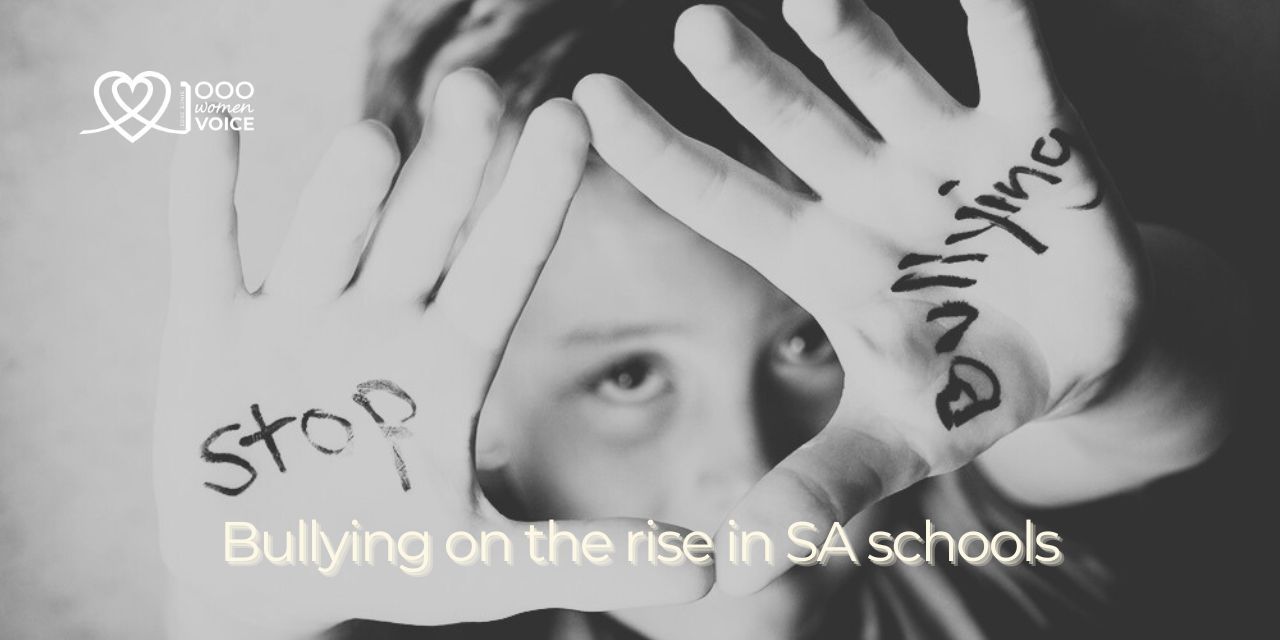
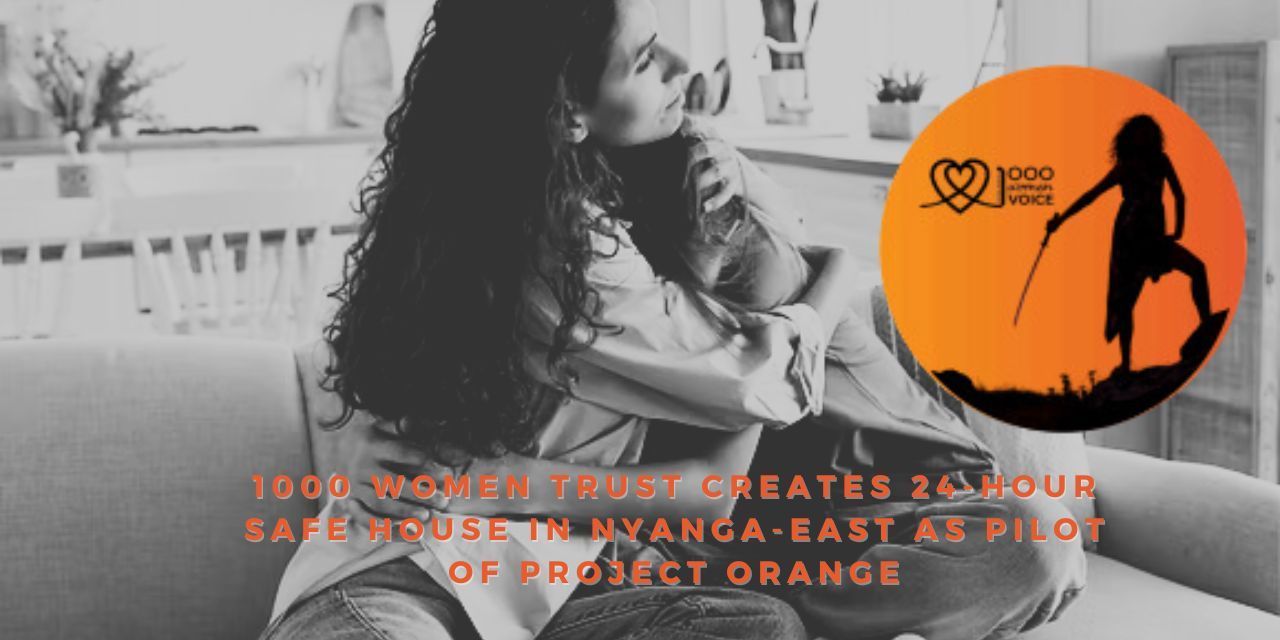
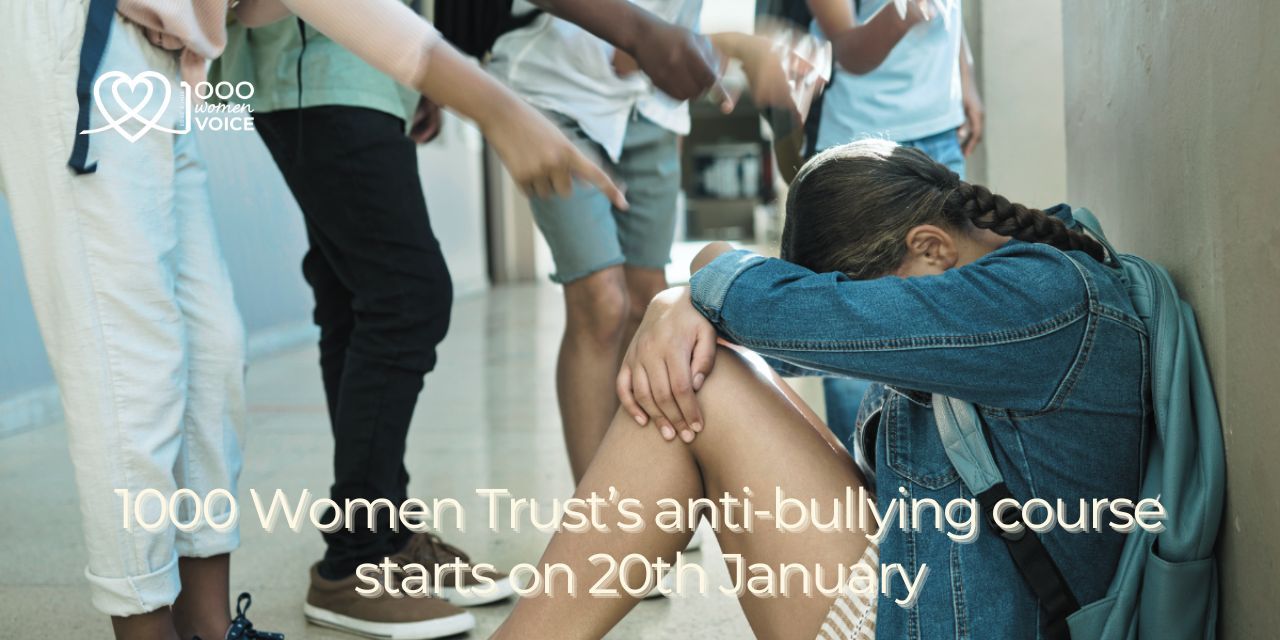
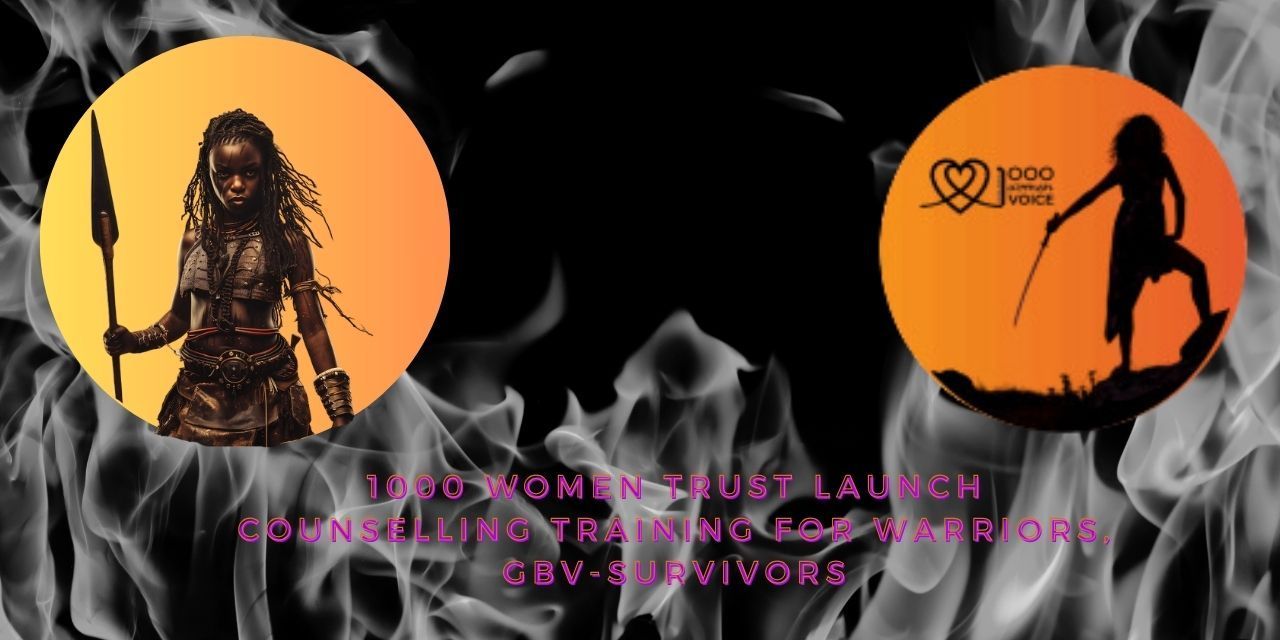
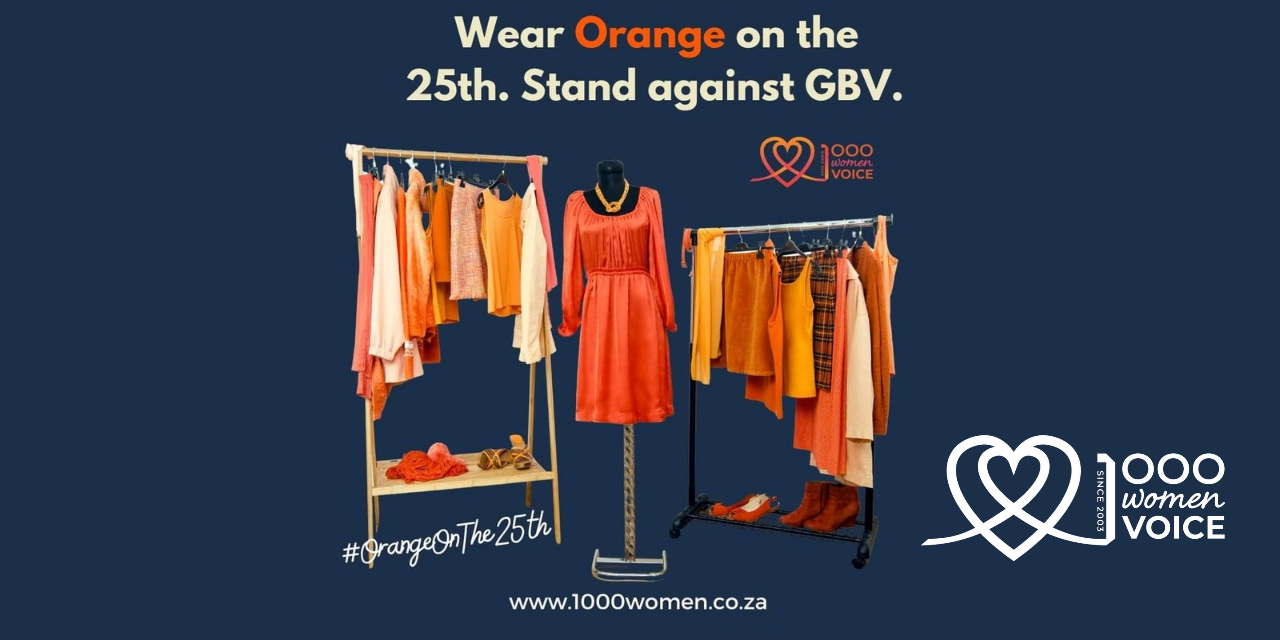
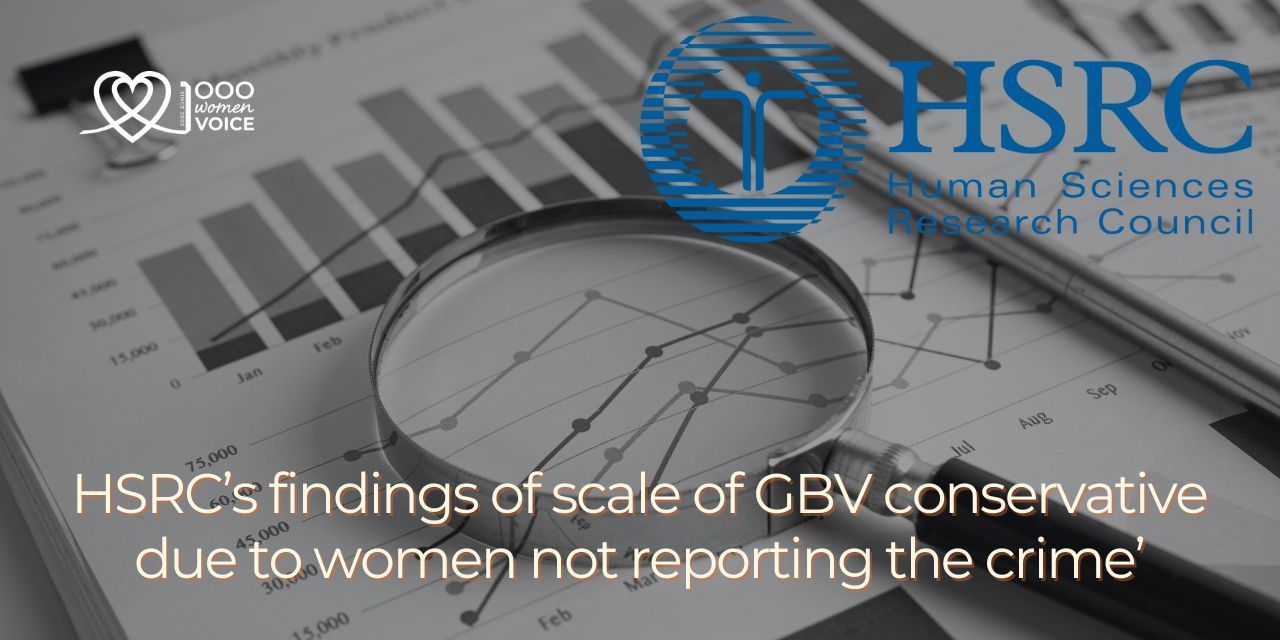
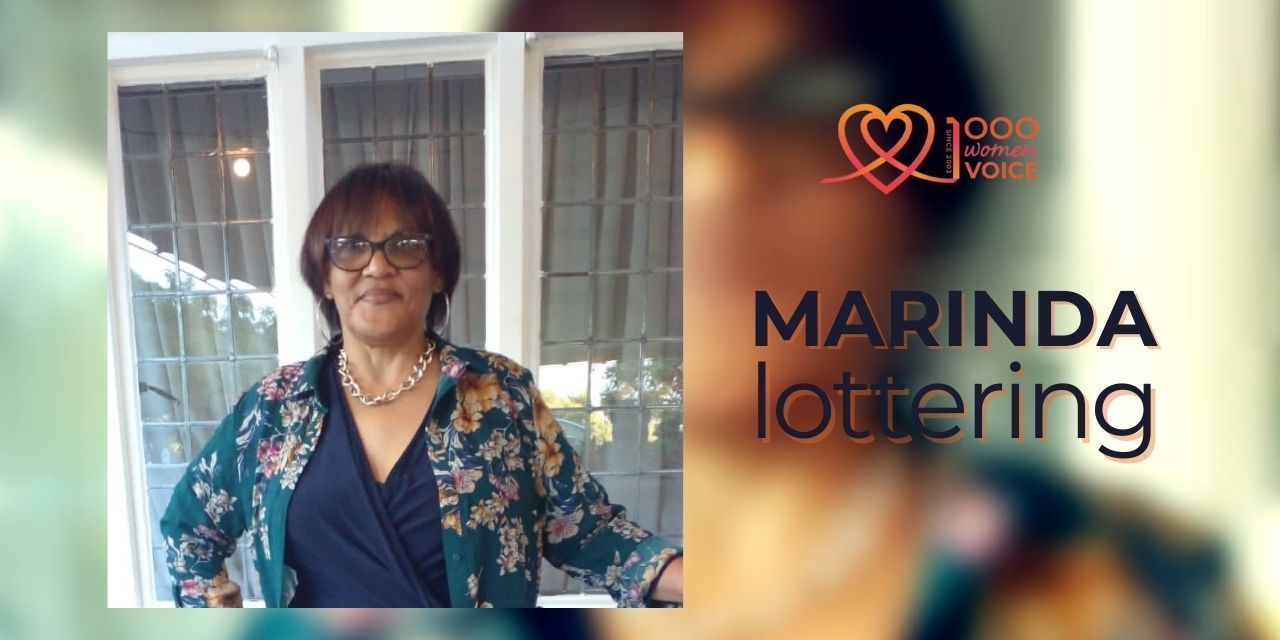
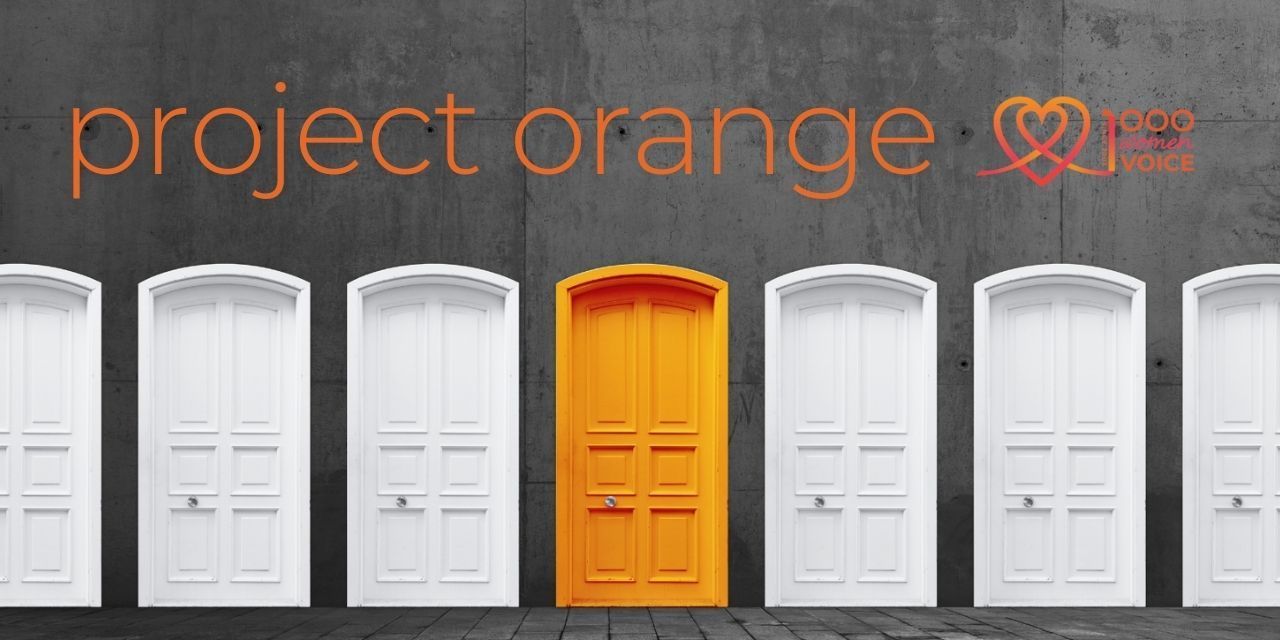
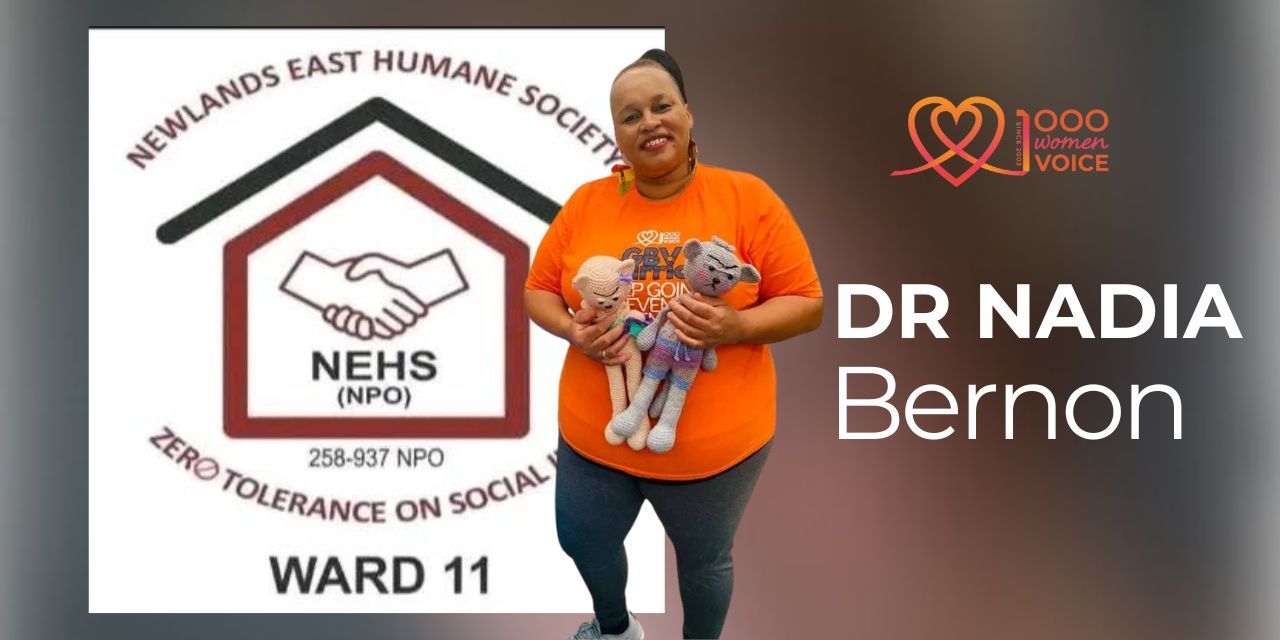
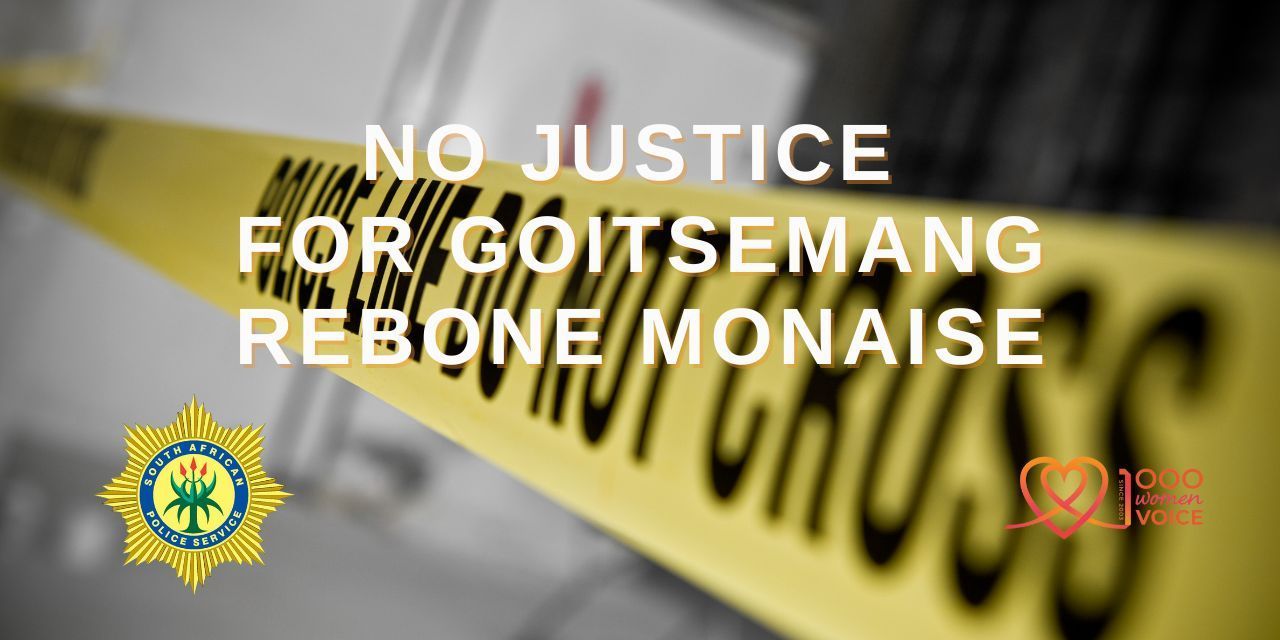

Follow us
Follow us on social media and stay connected!
Click to subscribe to our newsletter.
Contact Us
The 1000 Women Trust
Registered Trust South Africa (IT738/2014)
NPO REGISTRATION NO: 163-132 NPO
PBO NO: 930 051 359
Follow Us
Follow us
Follow us on social media and stay connected!
© Copyright 2023| All Rights Reserved. Designed by Ludet Digital for The 1000 Women Trust
Contact Us
Office 108B
Valyland Centre, Ivanhoe Rd, Fish Hoek, Cape Town, 7974
Info@1000women.co.za
+27 61 469 0479
Office 108B
Valyland Centre, Ivanhoe Rd, Fish Hoek, Cape Town, 7974
Info@1000women.co.za
0614690479

The 1000 Women Trust
Registered Trust South Africa (IT738/2014)
NPO REGISTRATION NO: 163-132 NPO
PBO NO: 930 051 359
© Copyright 2023| All Rights Reserved. Designed by Ludet Digital for The 1000 Women Trust
